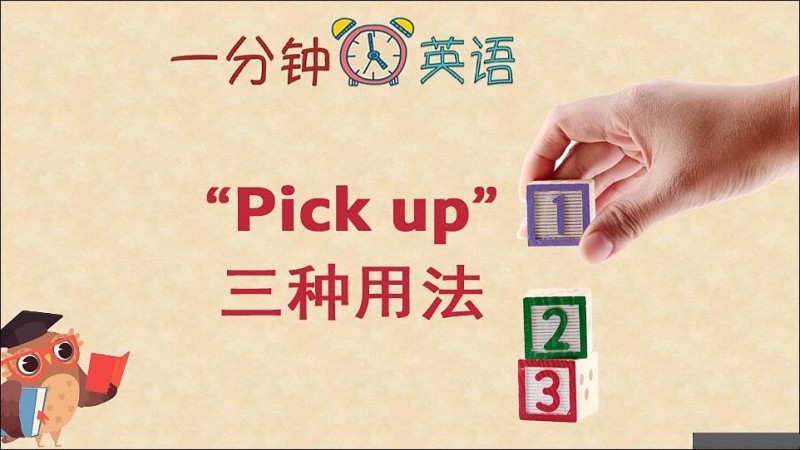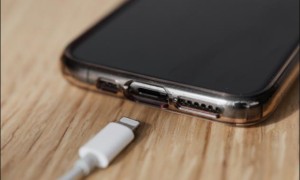内容简介
动词短语 “pick up” 有 “捡起、拾起(某物)” 的意思。但你知道吗,它还可以用来指 “买东西” 、“得病”?看视频,用一分钟时间学习 “pick up” 的三个常见用法。
文字稿
Hi, this is Kee from BBC Learning English. Today, I'm going to tell you three different ways of using the phrasal verb pick up.
First, we use pick up to describe learning something. So, for example, I can say: Children pick up languages very quickly. And so can you at BBC Learning English!
Second, we use pick up informally to describe buying something. For example: I often pick up some milk on my way home.
Third, we use pick up to describe getting an illness. I think I picked up a cold.
So, we can pick up languages, pick up some milk, and pick up a cold.

用法总结
Pick up is a phrasal verb. This means it is a verb (pick) followed by a particle (up). Phrasal verbs are tricky because they can have many different meanings depending on the context.
“Pick up” 是动词短语。动词短语由一个动词 (pick) 和一个小品词 (up) 构成。动词短语的用法较难掌握,因为根据上下文的变化,它们所表达的意思也会随之发生改变。
1. Learning something
We can use pick up to describe learning something.
我们可以用 “pick up” 来表示 “学习”。
Children pick up languages very quickly.
I picked up the guitar from spending time with musicians.
2. Buying something
We can use pick up informally to describe buying something.
我们可以在口语中用 “pick up” 来表示 “买东西”。
I often pick up some milk on my way home.
She picks up lots of items in the Christmas sales.
3. Getting an illness
We can use pick up to describe getting an illness.
我们可以用 “pick up” 来表示 “得(病)”。
I think I picked up a cold.
He picked up the flu from his classmates.







